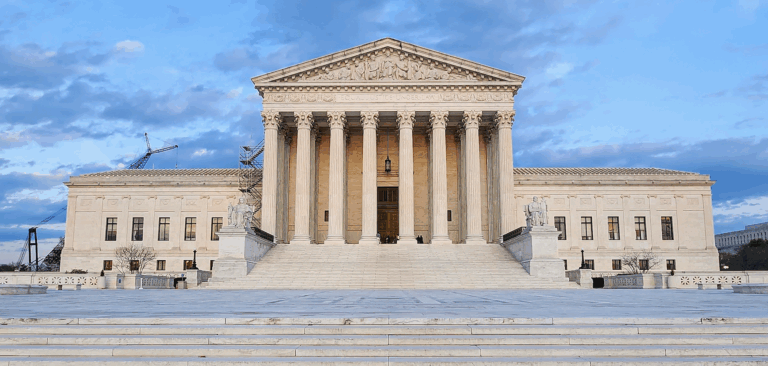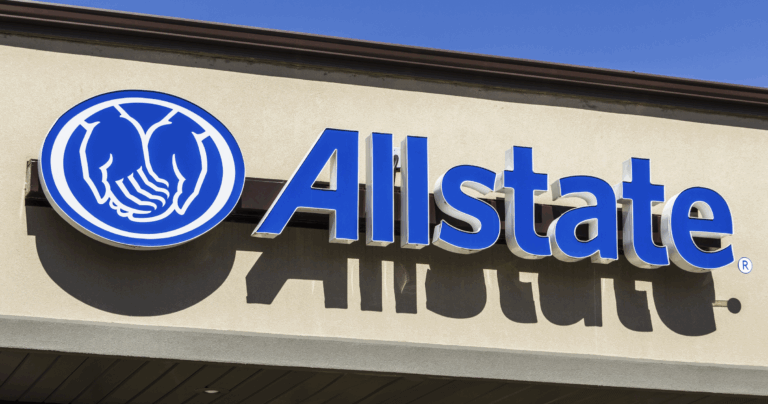No es ningún secreto que los veranos en Texas pueden ser brutales. A menudo tenemos días de verano con temperaturas que superan los 38 grados Celsius, y la humedad es un factor clave que hace que los días calurosos se sientan aún más calurosos. Durante estos veranos, muchas familias se van de vacaciones a la playa o al río, y la gente... descansando junto a la piscina y hacer barbacoas, y muchos hombres y mujeres dedicados están trabajando bajo el calor.
Aunque queremos que disfrutes del sol, el agotamiento por calor y otras enfermedades relacionadas con el calor son un riesgo grave. Comprender los síntomas y tomar medidas preventivas puede marcar la diferencia para mantener la salud y la productividad. Aquí tienes una guía para reconocer y prevenir el agotamiento por calor y otras enfermedades relacionadas con el calor.
¿Qué es el agotamiento por calor?
El agotamiento por calor es la forma más común de enfermedad relacionada con el calor. Se produce por sudar más líquido del que se repone al hacer ejercicio o trabajar en condiciones de calor excesivo. Cuando el cuerpo sufre una deshidratación grave, no puede enfriarse adecuadamente, lo que provoca un aumento de la temperatura corporal. Una vez que su temperatura interna aumenta entre 98,6 grados y 103 grados Fahrenheit, comienzas a sentir síntomas de agotamiento por calor.
¿Cuales son las señales?
Si empieza a experimentar síntomas de agotamiento por calor, es fundamental que actúe de inmediato. Sin tratamiento, su temperatura corporal seguirá aumentando y podría provocar un golpe de calor, la enfermedad más grave relacionada con el calor y potencialmente mortal.
Mientras Los síntomas de agotamiento por calor pueden variarEstos son los síntomas más comunes:
- Pérdida de apetito
- Fatiga
- calambres por calor
- Respiración rápida y superficial
- Piel fría, húmeda, pálida, cenicienta (gris) o ligeramente enrojecida
- Debilidad
- sudoración excesiva
- dolores de cabeza
Si experimenta alguno de los siguientes síntomas, busque atención médica inmediata. Estos son signos de una enfermedad grave que podría poner en peligro su vida.
- Mareos con desmayos
- Frecuencia cardíaca rápida y débil
- Incapacidad para caminar o estar de pie
- Náuseas o vómitos
Lo más importante es recordar que el agotamiento por calor, o cualquier enfermedad relacionada con el calor, se puede prevenir. Si empieza a experimentar alguno de estos síntomas, no permita que la situación empeore. Priorice su salud y actúe de inmediato.
Cómo prevenir el agotamiento por calor
En la mayoría de los casos, las enfermedades relacionadas con el calor pueden ser: se puede prevenir tomando precauciones menores Priorizar tu salud. A veces, la solución más fácil es usar el aire acondicionado en días extremadamente calurosos. Sin embargo, sabemos que hay circunstancias en las que las personas no pueden permanecer en casa o no tienen aire acondicionado en funcionamiento en sus casas o autos.
Si el aire acondicionado de su casa no funciona, intente usar ventiladores para refrescar la habitación. Si la temperatura en su casa supera los 32 °C (90 °F), no use ventiladores para circular el aire; los ventiladores en condiciones de calor extremo pueden aumentar su temperatura corporal y causar más daños, como agotamiento por calor o insolación. En estos casos, intente quedarse con un amigo, vaya a un establecimiento público con aire acondicionado o llame al 211 o a su departamento de salud local. ayuda para encontrar un lugar seguro ir.
Para quienes trabajan en condiciones de calor extremo, donde permanecer en interiores no es una opción, es crucial planificar con anticipación. Mantenerse hidratado será una de las precauciones más importantes para prevenir el agotamiento por calor. Intente... Limite su consumo de azúcares, sodio y cafeína., ya que pueden contribuir a la deshidratación. Asegúrate de beber mucha agua y reponer tus electrolitos tanto como sea posible. Lleva una botella de agua y mantenla llena siempre que sea posible. Descansa cuando puedas y busca un lugar fresco para descansar, aunque sea por unos minutos.
Los niños pequeños, las personas mayores, las personas con asma o cardiopatías y las mujeres embarazadas se consideran de "alto riesgo" de sufrir enfermedades relacionadas con el calor. Si usted o un ser querido pertenece a alguno de estos grupos, asegúrese de tomar las precauciones necesarias para su protección. Si padece asma, tenga siempre un inhalador a mano y notifique a quienes le rodean dónde se encuentra el suyo.
Contacte a un abogado especializado en lesiones personales
Después de un agotamiento por calor, quizás no piense en contactar a un abogado especializado en lesiones personales. ¡Nadie tiene la culpa del calor! Sin embargo, en muchos casos, las enfermedades relacionadas con el calor son causadas por... negligencia por parte de un empleador, cuidador o incluso un fabricante. Podría considerar contactar a un abogado especializado en lesiones personales después de sufrir agotamiento por calor o insolación en estas situaciones:
- Si la enfermedad relacionada con el calor se produjo debido a condiciones de trabajo inseguras o negligencia del empleador, como falta de sistemas de refrigeración adecuados o descansos durante calor extremo.
- Si hubo una falla en una escuela, guardería u otra instalación para brindar protección o cuidado adecuado a los niños o personas mayores durante el calor extremo.
- Si el propietario de la propiedad o el organizador del evento donde ocurrió el incidente no le advirtió ni le informó sobre los riesgos asociados con el calor extremo.
- Si un producto, como un aire acondicionado o un ventilador, falló o funcionó mal, lo que puede provocar enfermedades relacionadas con el calor.
- Si los profesionales médicos le brindaron atención inadecuada o diagnosticaron erróneamente su condición relacionada con la exposición al calor.
En cualquiera de estas situaciones, una abogado cualificado en agotamiento por calor Puede ayudar a determinar si tiene un reclamo válido por negligencia o responsabilidad y guiarlo a través del proceso legal.




